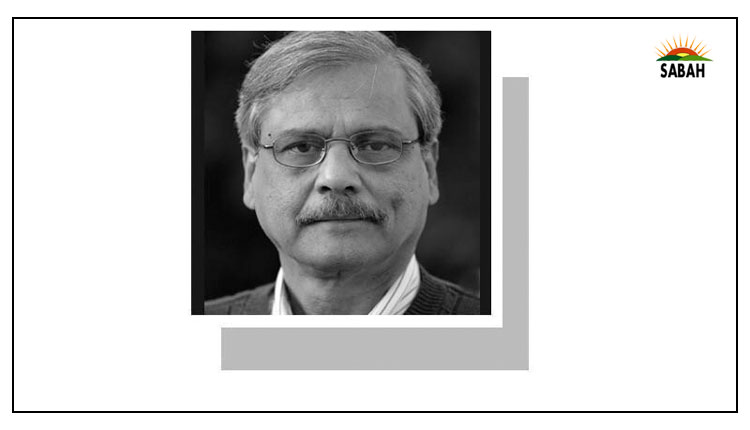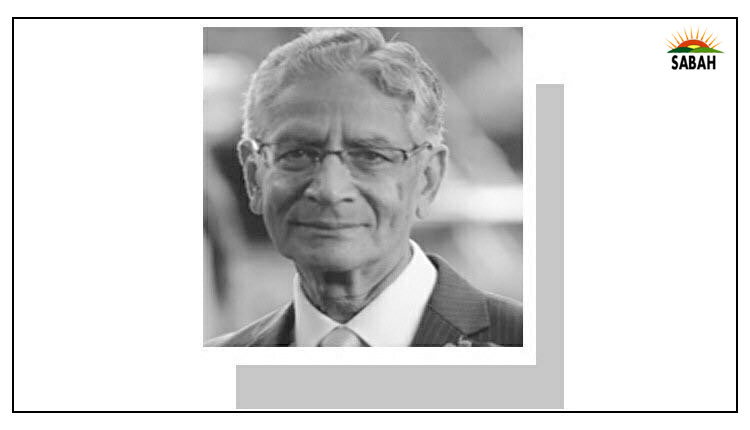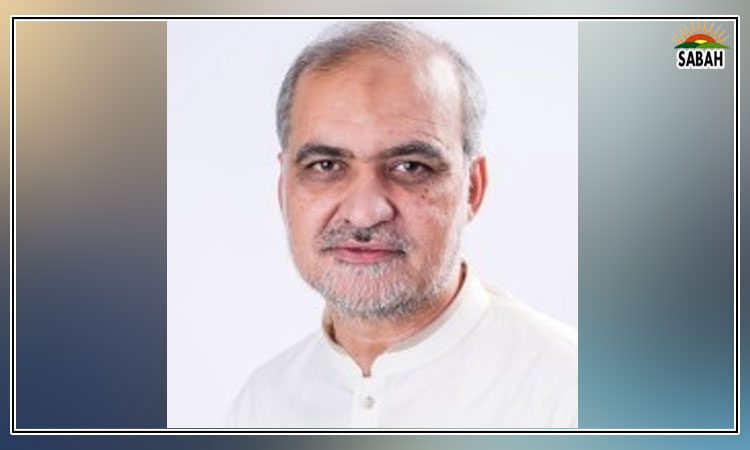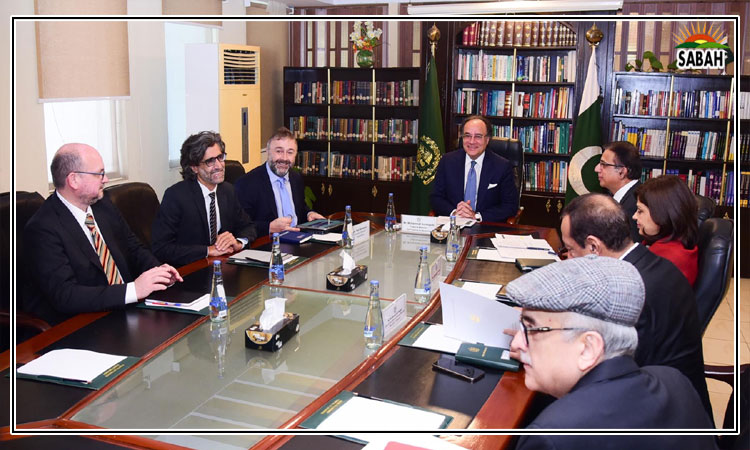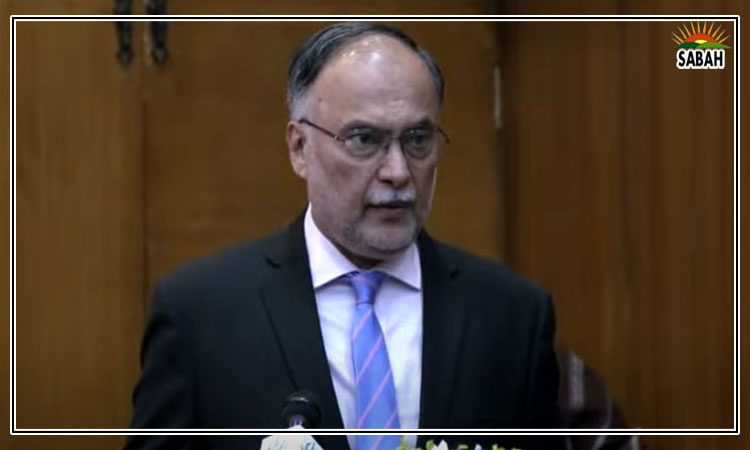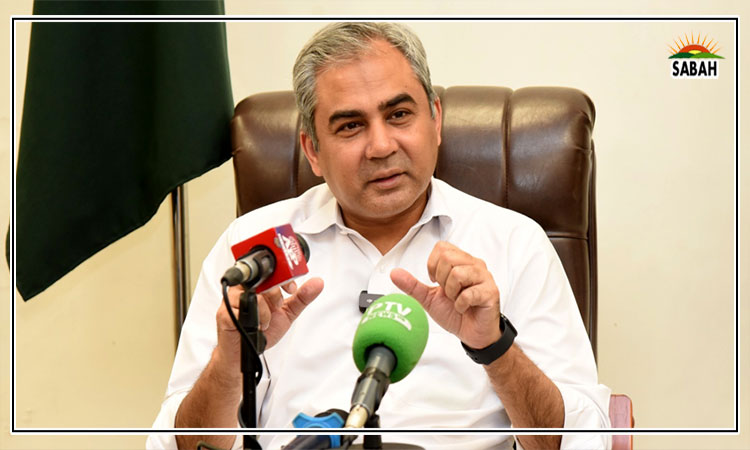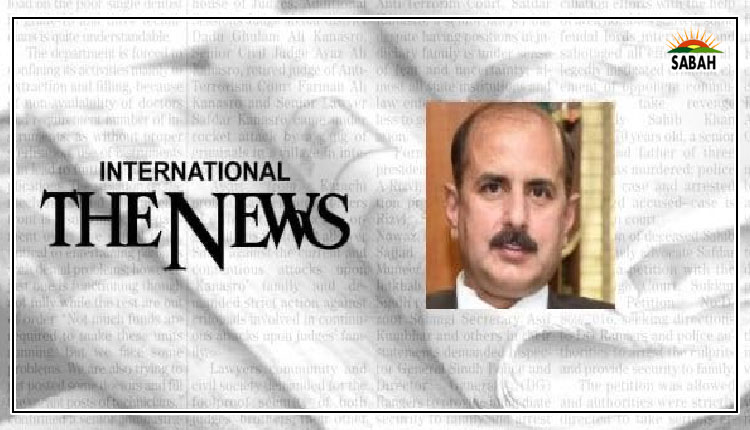Contrasting trajectories…Sabur Ali Sayyid
Pakistan and India will both have a new dispensation next year. However, the preparations for this transition are vastly different.
While India appears poised to begin the new era as a stable, upbeat, and vibrant nation, Pakistan faces myriad challenges that threaten its very existence as a sovereign and self-reliant entity. This sharp contrast in their trajectories raises intriguing questions about the underlying factors that have shaped their respective destinies.
Over the past decade and a half, India has experienced political stability, with three governments enjoying clear public mandates to steer the nation in their desired direction. This stability has enabled a clear policy agenda, resulting in impressive economic growth. India’s GDP has surged from $1.1 trillion in 2008 to $3.5 trillion in 2022-2023, propelling it to become the world’s fifth-largest economy. With annual growth rates exceeding six per cent, its aggressive economic expansion has been evident, particularly with a record $84.8 billion in FDI inflow in 2022, compared to a mere $25 billion in 2007-2008.
India has also fostered stronger ties not only with the US and Western nations but also with the Muslim world, including Saudi Arabia and UAE, which have become significant investors in the country. As a result, India is now a prominent member of G20, G7, and SCO, and actively participates in several US and EU-led regional arrangements and alliances, including QUART. This has solidified its position as not only a military power but also an economic force.
In stark contrast, Pakistan has suffered from persistent political instability over the same period, with three different parties – PPP, PMLN, and PTI – ruling the country with fractured mandates. The unceremonious exit of three prime ministers – Yusuf Raza Gilani, Nawaz Sharif, and Imran Khan – has contributed to further uncertainty and weakened governance. The last three general elections held in 2008, 2013, and 2018 were marred by allegations of interference, paving the way for political machinations, defections, judicial interventions, and witch-hunts.
As a result of this tumultuous political landscape, Pakistan now faces a myriad of challenges, including an imminent economic default, which was temporarily averted. With foreign reserves hovering around $5 billion, inflation has taken a toll on the people, as they struggle to meet IMF conditions and service the staggering foreign debt, amounting to $125.7 billion. This predicament hampers resource allocation for crucial socio-economic development and uplift.
Addressing these challenges requires a fresh start with a laser focus on attaining political stability, as no development or progress is possible without it. Pakistan must, therefore, prioritize fair, transparent, and credible elections. Compromised and rigged elections over the past fifteen years have only deepened polarization and exacerbated the urban-rural divide. Furthermore, such elections have paved the way for hand-picked leaders, besides propping up successive coalition governments, leading to unstable conditions owing to varying interests among different political parties.
Given the gravity of the situation, Pakistan can no longer afford questionable elections, a hung parliament, or a coalition government. These factors would only exacerbate the existing instability in the country, further precipitating the economic meltdown that many experts warn could lead to an economic default if not addressed promptly and efficiently by the incoming administration.
Under such circumstances, if a political party is offered the opportunity to form a thin majority government, it should in the larger interest of the country not hesitate to seek a fresh and clear mandate from the people as ruling with full authority and confidence is paramount.
A recent study based on a close examination of 219 elections in 28 European countries and published in The Washington Post highlights that coalition governments have seldom delivered even in developed countries due to varying sizes, conflicting ideologies, and differing priorities among their partners. Such alliances, in fact, tend to undermine the parties that form them.
The upcoming year will undoubtedly be crucial in determining whether Pakistan can catch up with India in various domains or is destined to succumb to its larger neighbours size, hegemonic designs, and regional dominance. Political stability is what Pakistan needs the most to regather itself and embark on a journey characterized by peace, progress, and development.
Courtesy The News




